
Reimagining police departments with safety and justice in mind
Scott Pelley reports on the ways American cities are reimagining their police departments, with Austin, Texas, leading the way.
Watch CBS News

Scott Pelley, one of the most experienced and awarded journalists today, has been reporting stories for 60 Minutes since 2004. The 2024-25 season is his 21st on the broadcast. Scott has won half of all major awards earned by 60 Minutes during his tenure at the venerable CBS newsmagazine.
As a war correspondent, Pelley has covered Ukraine, Afghanistan, Iraq, Syria and Sudan. On Sept. 11, 2001, he was reporting from the World Trade Center when the North Tower collapsed. As a political reporter, Scott has interviewed U.S. presidents from George H.W. Bush to President Biden.
Scott has won a record 51 Emmy Awards, four Alfred I. duPont-Columbia Silver Batons and three George Foster Peabody Awards.
From 2011 to 2017, Scott served as anchor and managing editor of the "CBS Evening News." By 2016, Pelley had added 1.5 million viewers, the longest and largest stretch of growth at the evening news since Walter Cronkite.
Pelley is the author of "Truth Worth Telling: A Reporter's Search for Meaning in the Stories of Our Times" (Hanover Square Press, 2019) in which he profiles people, both famous and not, who discovered the meaning of their lives during historic events of our times.
Pelley began his career in journalism at the age of 15 as copy boy at the Lubbock (Texas) Avalanche-Journal newspaper. He was born in San Antonio and attended journalism school at Texas Tech University. Scott and his wife, Jane Boone Pelley, have a son and a daughter.

Scott Pelley reports on the ways American cities are reimagining their police departments, with Austin, Texas, leading the way.
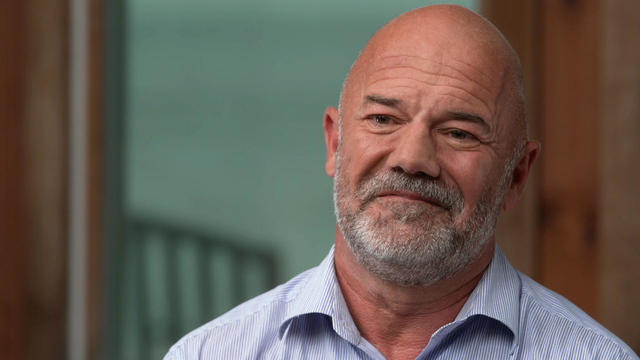
Andrew Sullivan says American democracy is at risk because citizens can't compromise or separate politics from life.

Scott Pelley meets with Carnegie Hero Fund awardees and reports on a possible difference in brain make-up for those who commit heroic acts.
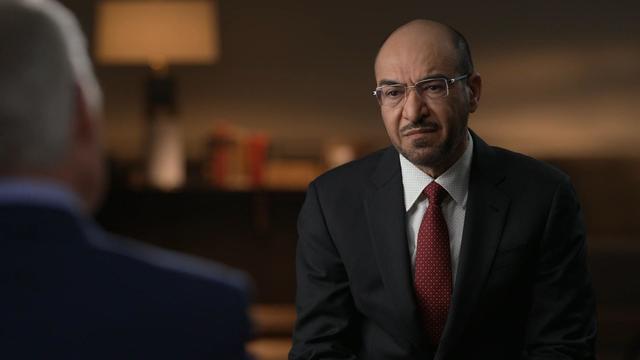
Saad Aljabri was number two in Saudi intelligence until, he says, Mohammed bin Salman forced him out. Now, MBS is Saudi Arabia's crown prince, and Aljabri is in exile. Aljabri believes the crown prince wants him dead because of what he knows.
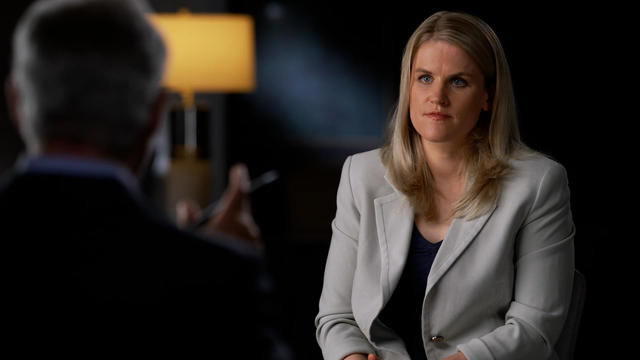
Frances Haugen says in her time with Facebook she saw, "conflicts of interest between what was good for the public and what was good for Facebook." Scott Pelley reports.
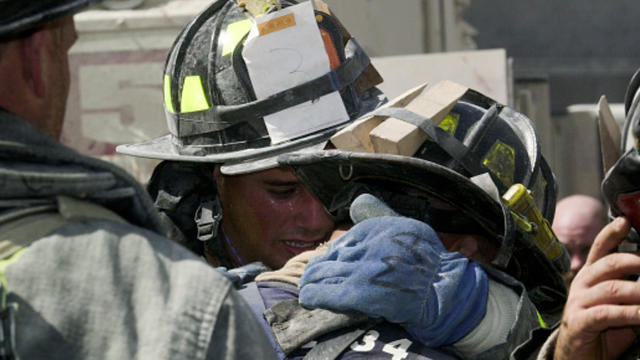
"They climbed to rise. To rise to the cries 1000 feet above them, to rise to the defense of the firefighter beside them, to rise beyond duty to a place of selfless devotion."

On September 11, 2001, 343 members of the Fire Department of New York perished while trying to rescue people trapped in the World Trade Center. Scott Pelley speaks with firefighters who were there that day and the loved ones of those who never made it home.

Scott Pelley speaks with some of the family members of the hundreds of thousands of Americans who have been killed by COVID-19
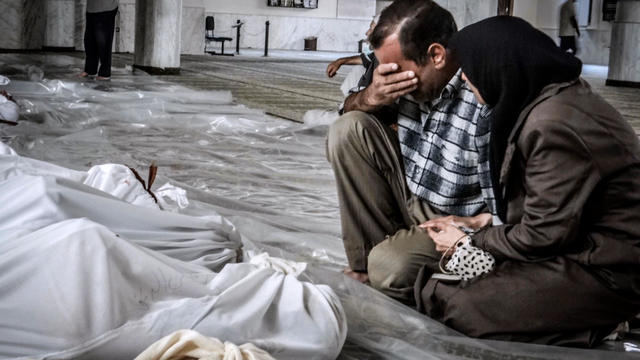
Assad and his regime may never be prosecuted for the acts of terror he perpetrated against his own people during Syria's civil war. Scott Pelley reports on the effort to gather and maintain the evidence against Assad.
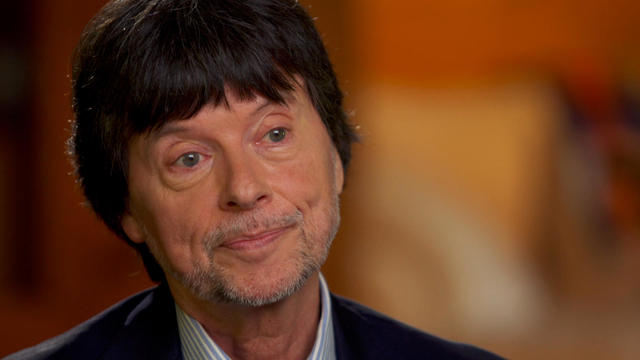
The filmmaker known for his exhaustive documentaries on American subjects gives Scott Pelley a glimpse into how his films are made, the message he wants to convey with them and how he became the person he is today.
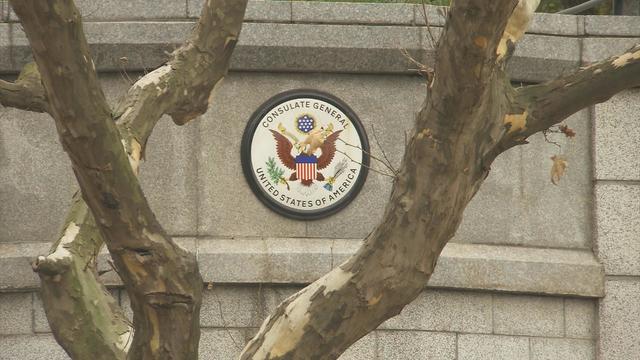
Since 2016, dozens of American officials have come home from Cuba and China with unexplained brain trauma. Evidence shows it may be the work of another government using a weapon that leaves no trace
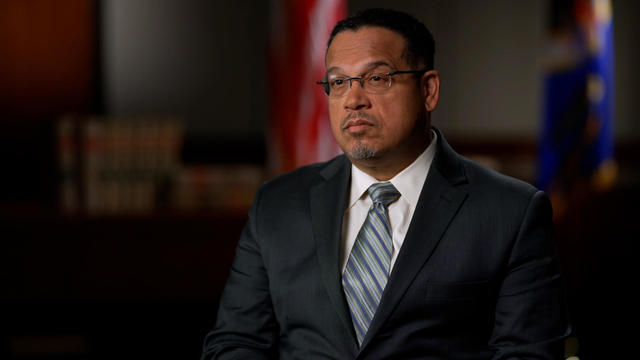
Scott Pelley speaks with Minnesota Attorney General Keith Ellison and the prosecutorial team that convicted Derek Chauvin for the murder of George Floyd.
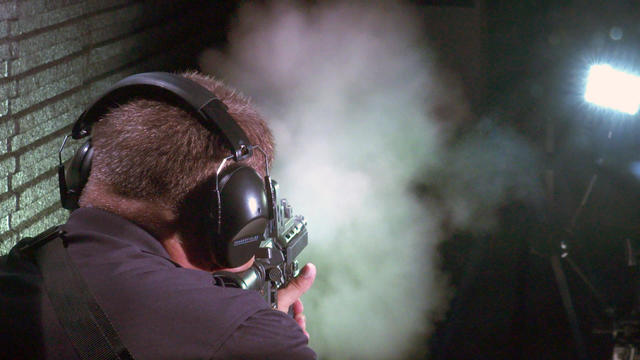
Some of the worst massacres in recent memory have had something in common: the AR-15 style rifle. Scott Pelley reports on why the high-velocity rounds used in the gun make it so deadly.

Targets have included hospitals and municipalities, but the FBI says anyone on the internet should expect to be attacked by cybercriminals.
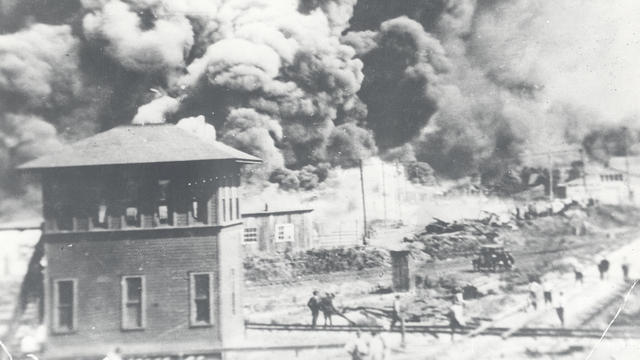
In 1921, a thriving Black neighborhood in Tulsa, Oklahoma, burned, leaving hundreds dead.